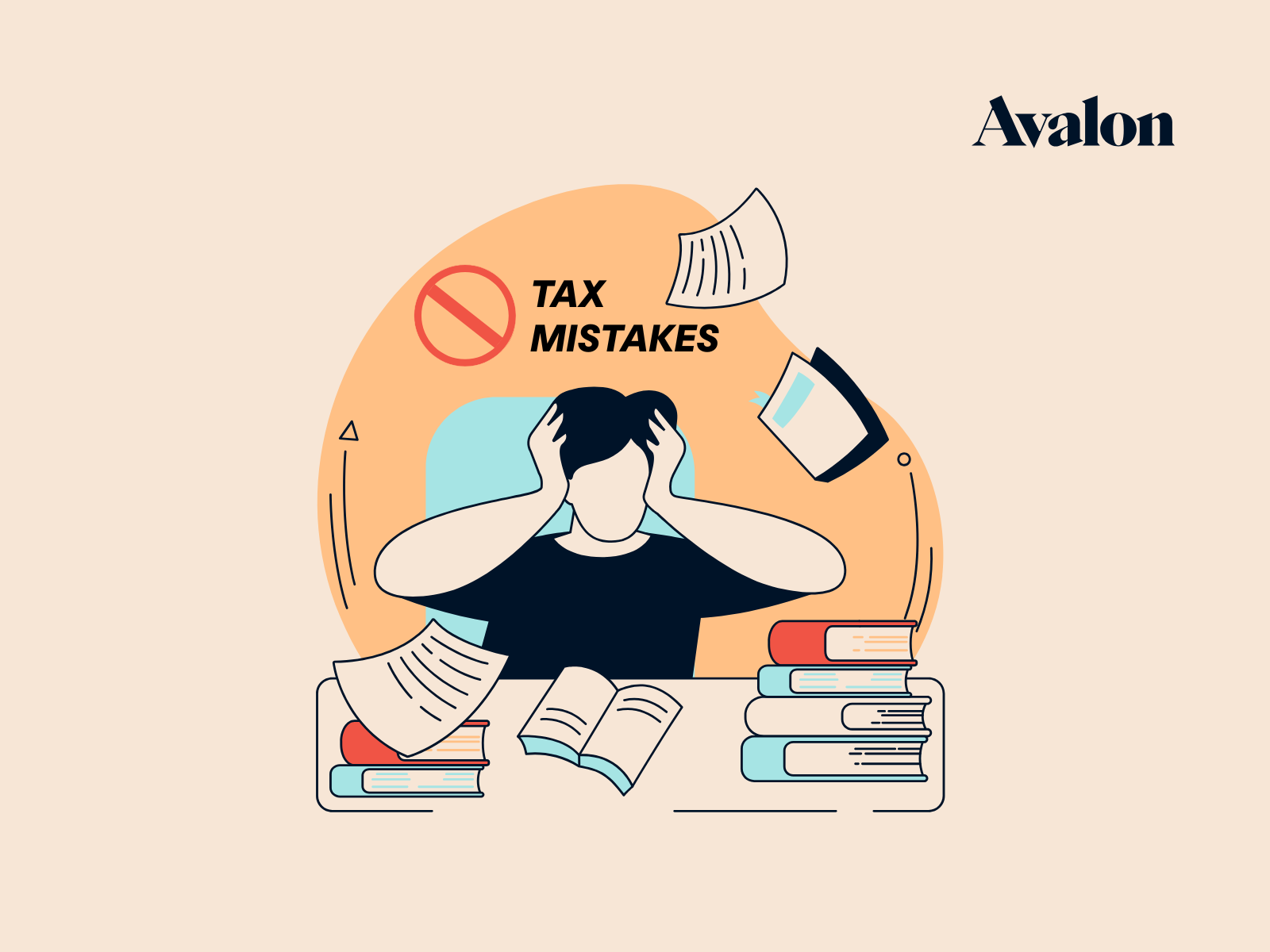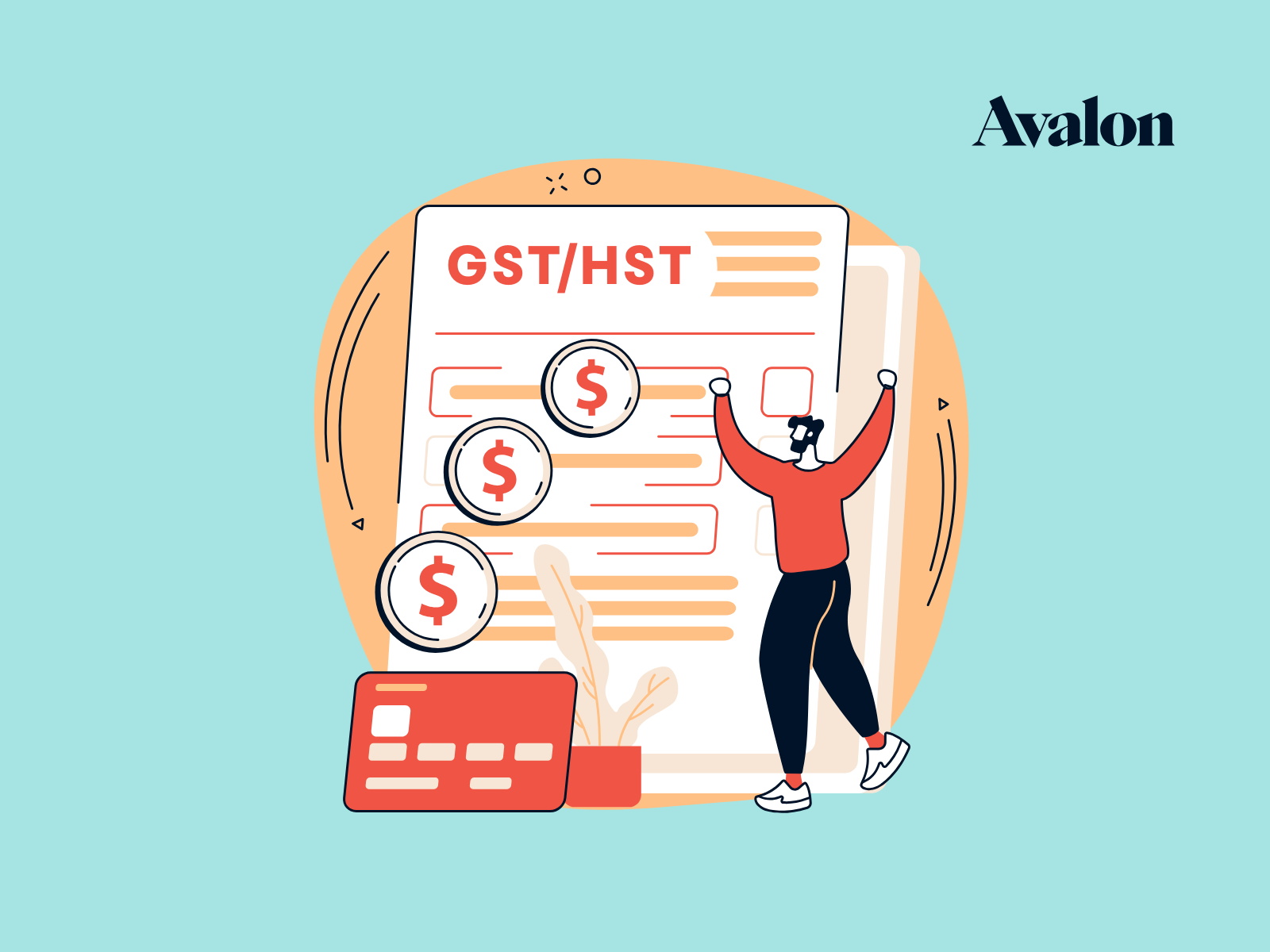This month, we instituted a new tradition at Avalon: Our Value of the Month. We decided to start with Focus (No Squirrels Allowed) for a number of reasons:
- It is the most aspirational of all our values. Focus is hard to achieve in a world of distractions. In a company that operates mainly on the Internet, it is doubly-so. There are so many shiny things to research.
- It is a meaty subject. With so many time-management, productivity, and meditation gurus around, there is no shortage of inspiration to draw on. What we really wanted to get to, however, were some practices that we could implement that would increase our focus.
- We hadn’t yet articulated why it was even important — this seemed like a great place to start.
In the next articles, I will break down these reasons. As Simon Sinek would say, “Start With Why.”
Why is Focus Important
Why do we even think this is important? We started with a one-question survey here at Avalon to find out. That one question? Why is focus important to us? Duh.
Productivity
I got some interesting answers, but the essence of it was this: if we can focus in our work, we can find a balance between delighting our clients and enjoying our lives. Every time we get distracted with low-impact items or even just general meandering (not that I don’t love a good meander), we impact either the quality of our work or the quality of our lives — often both. If we can focus in on our most important work and set our minds to getting it done, we can start a snowball effect of delight and enjoyment.
What do I mean by enjoyment? It can take a lot of forms, but for me it starts with pride in my work. I find it really hard to relax and enjoy my time away from work unless I have my to-do list under control. When I am at my most productive (getting good and important work done with a high level of quality) I enjoy the rest of my life much more. On my worst days, when I can’t focus and keep procrastinating on my tasks, I feel awful and don’t enjoy my time away from work.
And that’s where the snowball effect begins. If we can enjoy our time away from work because we are being productive in our time at work, we will be more productive at work. Classic win-win.
The Long Game
Productivity is the short game. You come to work with certain things to do. You can prioritize them and work to getting them accomplished in the way that works for you. That’s all great, but what if they’re all a slog? You rely on others to get you information that they just aren’t getting to you or people are asking you to do things that are outside what you do. If you’re like me, you like to help. No is not in your vocabulary. But it should be. Today’s to do list is the culmination of all the things you said yes to in the past.
The times I have gotten us into any trouble at Avalon have been the times I should have said no. My heart was in the right place. I thought I could help somebody and that was my instinct, but I would have saved everyone a lot of time and energy if I just said no.
Since then, we have spent a lot of time understanding who we can help the most. We have defined the type of customer we can serve best. That means saying no to some pretty interesting companies and great people.
By honing in on what we do in a larger sense, we have also focused our to do lists (and our future to do lists). This combination of big picture and daily task focus positions us to do some great and fulfilling work.
In our next article, we will discuss the distractions in our work and explore some methods to keep them at bay.












